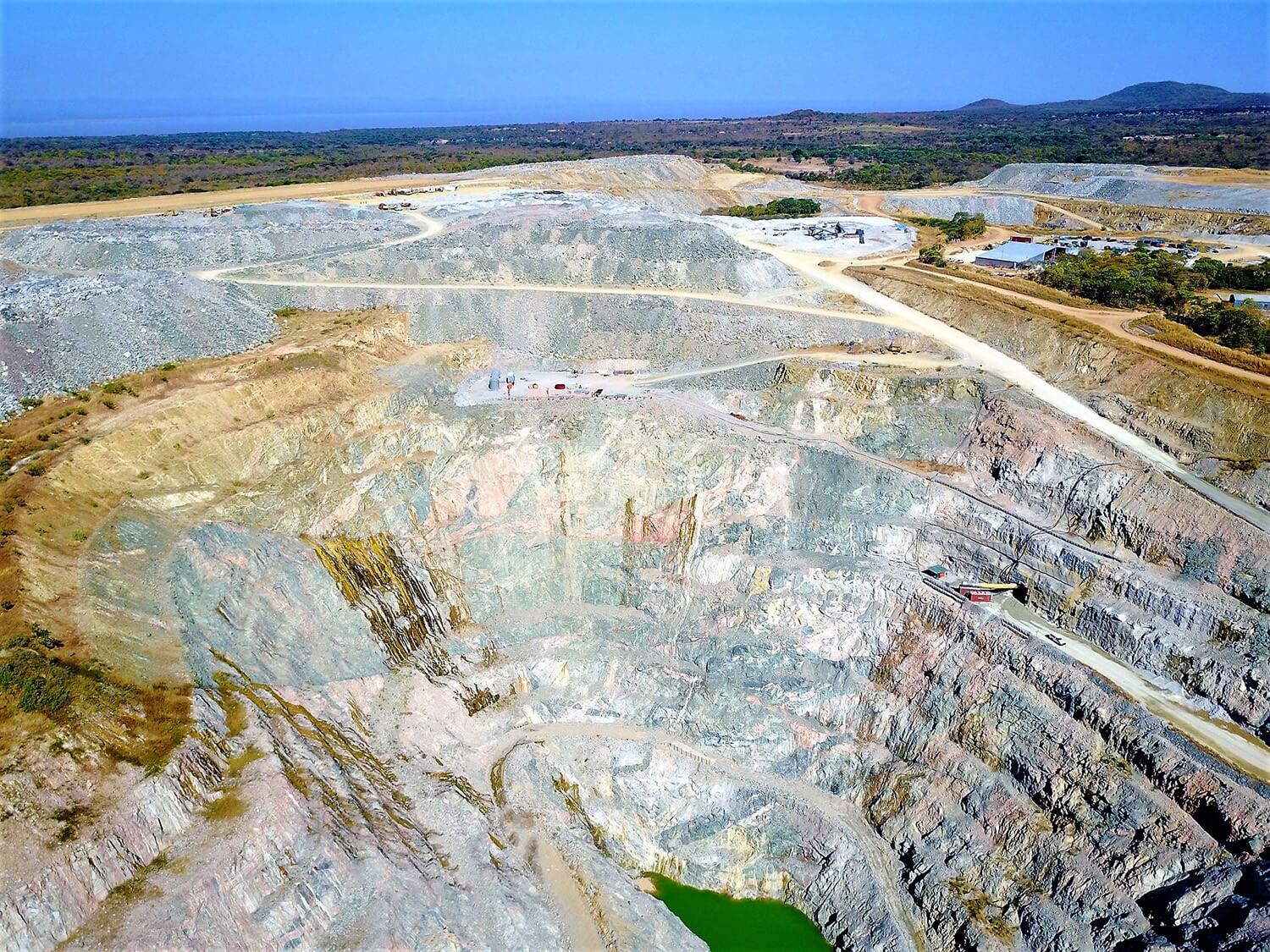Renowned economist Professor Haji Semboja has commended Zanzibar for its decision of signing an agreement with Tanzania Mainland that will enable it to own, manage and operate its oil and gas natural resources independently from the Tanzania Mainland.
Professor Semboja’s remarks come just a few weeks back Zanzibar received its oil and gas data from Tanzania Mainland, allowing the Indian Ocean archipelago to go ahead with the search for exploration investors independently.
Speaking to The Business Wiz in an exclusive interview yesterday from Zanzibar, Professor Semboja, who is currently a Lecturer at the Zanzibar University, said that the move taken by the government will not have a negative impact on issues related to union matters.

“Oil and gas are resources that are under the Zanzibar Blue Economy Policy and have laws and regulations under which they operate. Zanzibar is a union set; therefore, there is no problem for Zanzibar to operate separately as far as gas and oil are concerned.” He said.
Prof. Semboja further noted that although the Central Bank and the Tanzania Revenue Authority [TRA] are some of the national institutions that are under the union matters, but that cannot hinder Zanzibar from having its own TRA kind of, to serve specific/special needs for Zanzibar as country.
He cited that Tanzania Petroleum Development Corporation [TPDC] had failed to come up with concrete plans to develop the natural resources in Zanzibar adding that institution has been concentrating on the Tanzania Mainland for years,
According to Professor Semboja, there is no single country in the world that has developed its oil and gas resources depending on tax revenues paid by investors who own, manage and operate the natural resources of a given country.
He said countries that have been endowed with natural resources like oil, gas, diamond and gold among others need to develop, manage and operate such resources rather than entrusting them to investors, who in end up paying taxes only .
He advised Zanzibar to borrow a leaf from countries like Norway, and Arabic countries that have developed and become rich simply because they own, manage and operate their natural resources without welcoming outside investors.
“If Zanzibar wants to benefit from its natural resources, it should put in place good policies, guidelines, regulations and laws. It should also utilise its own human capital/experts and establish strong independent institutions that will run the sector without the government’s interventions and pressures,” he cautioned.
He noted that the government should give the whole mandate to that institution that will be entrusted to run the sector according to the international standards and requirements.
Tanzania Mainland and Zanzibar will no longer oversee the oil and gas sector jointly. Prior to that, oil and gas was a Union matter overseen by the United Republic of Tanzania. However, after the recent development Zanzibar will be independent from Tanzania Mainland Professor Haji Semboja in the matter.
Oil and gas was one of the contentious Union matters which have taken long to resolve but the recent event marked a new chapter in which Tanzania mainland and Zanzibar will manage the industry separately.
Tanzanian Energy Minister January Makamba and Zanzibar’s Blue Economy and Fisheries minister Suleiman Masoud Makame signed and exchanged a transmittal document during a function recently held at Zanzibar State House.
The data held by the Petroleum Upstream Regulatory Authority (Pura) were transferred to Zanzibar Petroleum Regulatory Authority (ZPRA).
Zanzibar President Hussein Ali Mwinyi, who attended the signing ceremony, described the handing over of the petroleum seismic data – which contain images of the subsurface in both land and marine environments – as a historic milestone for both sides.
According to President Mwinyi it was an agreement that was reached between the retired President Jakaya Kikwete and retired Zanzibar President Ali Mohammed Shein, who agreed to drop oil and gas from the list of Union matters.
Findings indicate that since the start of oil and gas explorations in Tanzania, a total of 96 wells have been drilled so far and 44 of them turned successful with natural gas worth 57.4 trillion cubic feet.







